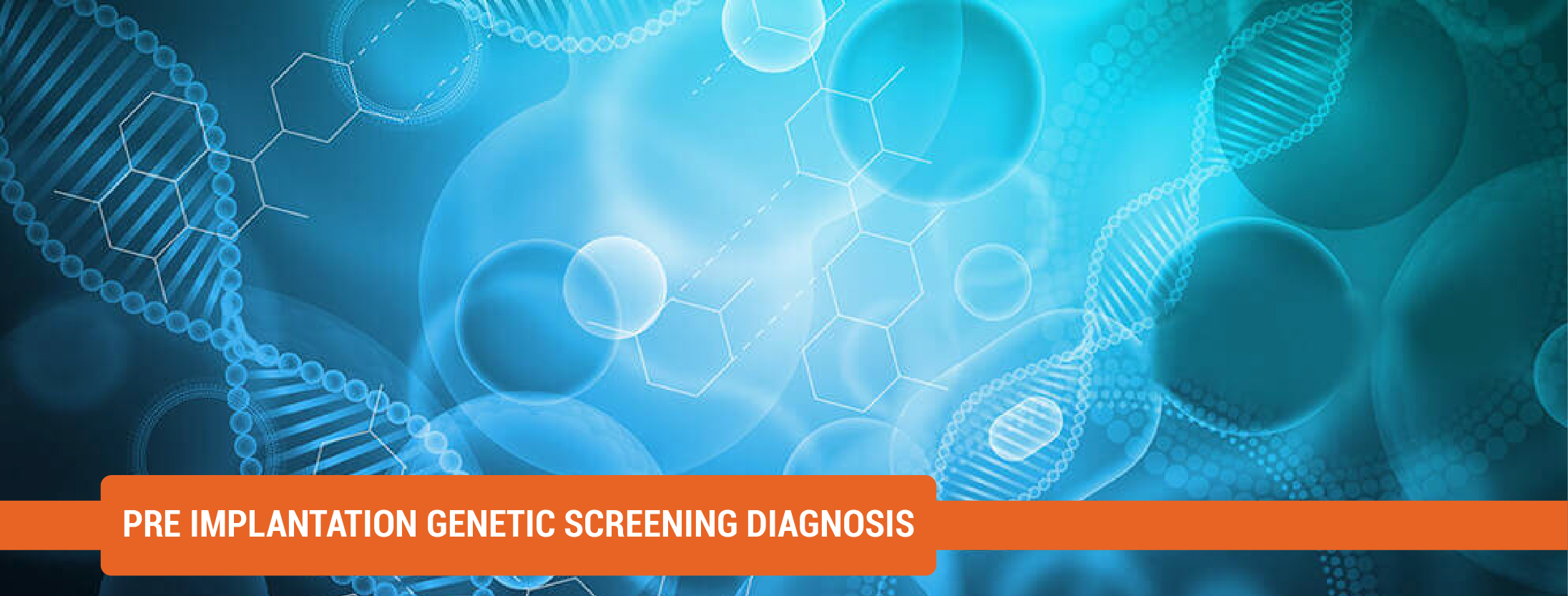
Pre-Implantation Genetic Screening & Diagnosis (PGD)
Pre-Implantation Genetic Diagnosis (PGD) is a procedure used to rule out any genetic defects in an embryo developed through IVF before transferring it for implantation in the uterus. Thus, it prevents any genetic defect or disease from being passed on to the child. PGD although reduced the chances of conceiving a child with genetic disorder, but cannot eliminate the risk completely, as few diseases might come up as the child ages or reaches middle age.
The process of PGD is performed with IVF only. During a normal IVF cycle, the eggs and sperms are kept in a dish under controlled conditions in the laboratory for fertilisation to occur, after the third day of fertilisation a total of eight cells are present in an embryo, 1 or 2 cells are taken out from each embryo to check for any genetic disposition towards the diseases. Once it’s assured that embryos are free from any genetic disorders, out of the batch 2-3 embryos get transferred to the womb, the rest would be frozen for later use, and embryos found with any disorder are destroyed.
The technique is useful for the candidates who are carriers of sex-related genetic disorders, gene related disorders, chromosomal abnormalities and women experiencing pregnancy loss, previous failed fertility treatments or couples over 3 years of age. PGD can test more than 100 genetically disorders in the embryos and the technique is carried out before the implantation hence couple has the choice to carry on with the pregnancy or not.
